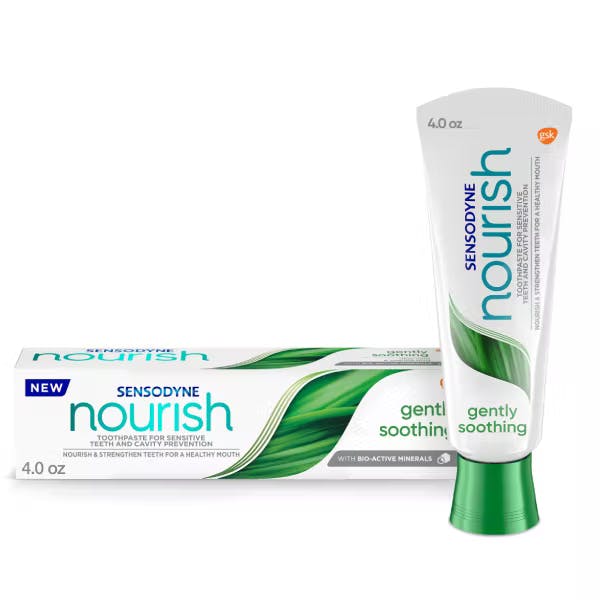Best Toothpaste For Receding Gums And Sensitive Teeth

For individuals grappling with the discomfort of receding gums and sensitive teeth, finding the right toothpaste can be a game-changer. The market is flooded with options, each promising relief, but understanding which ingredients and formulations genuinely deliver on those promises is crucial.
This article delves into the key factors to consider when selecting a toothpaste for these specific dental concerns, highlighting ingredients supported by scientific evidence and expert recommendations. The goal is to empower readers to make informed choices, promoting better oral health and overall well-being.
Understanding Receding Gums and Tooth Sensitivity
Receding gums, or gingival recession, is a common condition where the gum tissue pulls back, exposing more of the tooth. This exposure can lead to increased sensitivity, as the root surface lacks the protective enamel found on the crown of the tooth.
Tooth sensitivity, on the other hand, occurs when the dentin layer of the tooth is exposed. This layer contains tiny tubules that lead directly to the nerve, making teeth more susceptible to pain from hot, cold, sweet, or acidic stimuli.
According to the American Dental Association (ADA), both receding gums and tooth sensitivity can have various causes, including aggressive brushing, gum disease, genetics, and teeth grinding.
Key Ingredients to Look For
Several ingredients in toothpaste can help alleviate the symptoms of receding gums and sensitive teeth. These ingredients work through different mechanisms to protect the exposed dentin, reduce inflammation, and promote gum health.
Fluoride
Fluoride is a widely recognized and essential ingredient in toothpaste for overall dental health. It strengthens tooth enamel, making it more resistant to acid attacks from bacteria and dietary sources, as stated by the National Institute of Dental and Craniofacial Research (NIDCR).
Furthermore, fluoride can help remineralize areas of enamel that have been weakened, providing additional protection for sensitive areas. The ADA recommends using fluoride toothpaste as a cornerstone of daily oral hygiene.
Potassium Nitrate
Potassium nitrate is a desensitizing agent that helps to reduce nerve sensitivity. It works by blocking the nerve signals that cause pain, providing relief from discomfort triggered by temperature changes or acidic foods.
Studies have shown that toothpaste containing potassium nitrate can significantly reduce tooth sensitivity compared to those without. Look for this ingredient when choosing a toothpaste for sensitive teeth.
Stannous Fluoride
Stannous fluoride is another form of fluoride that offers additional benefits beyond enamel strengthening. It has antibacterial properties, helping to reduce plaque and gingivitis, which can contribute to gum recession.
Furthermore, stannous fluoride forms a protective layer over exposed dentin, shielding it from external stimuli and reducing sensitivity. Some studies also suggest that stannous fluoride may help to reduce gingival bleeding and inflammation.
Other Helpful Ingredients
Other ingredients that may be beneficial in toothpaste for receding gums and sensitive teeth include xylitol, an artificial sweetener that inhibits bacterial growth, and aloe vera, known for its anti-inflammatory properties. Some toothpastes also contain calcium phosphate technologies to help remineralize teeth.
What to Avoid
Certain ingredients and formulations can exacerbate the problems of receding gums and sensitive teeth. It's important to be aware of these and choose toothpastes accordingly.
Highly abrasive toothpastes can wear away enamel and irritate gums, especially in individuals with receding gums. Avoid toothpastes with ingredients like baking soda or charcoal, unless specifically formulated for sensitive teeth and gums.
Toothpastes containing sodium lauryl sulfate (SLS), a foaming agent, can be irritating for some individuals, particularly those with sensitive mouths. SLS-free alternatives are readily available and may be a better option.
Choosing the Right Toothpaste
When selecting a toothpaste for receding gums and sensitive teeth, consider the following factors. First, prioritize toothpastes that contain fluoride, potassium nitrate, or stannous fluoride.
Second, opt for a toothpaste specifically formulated for sensitive teeth and gums. These toothpastes are often less abrasive and contain ingredients to soothe and protect the gums.
Lastly, look for the ADA Seal of Acceptance, which indicates that the toothpaste has been tested and proven safe and effective. This seal provides assurance that the product meets established standards for oral health.
Beyond Toothpaste: Comprehensive Care
While using the right toothpaste is important, it's only one aspect of managing receding gums and sensitive teeth. A comprehensive oral hygiene routine is essential.
Use a soft-bristled toothbrush and brush gently, using a circular motion. Avoid aggressive brushing, as this can further damage gum tissue. In addition, consider using an interdental brush or floss to clean between teeth, removing plaque and debris that can contribute to gum disease.
Regular dental checkups are also crucial. A dentist can assess the health of your gums and teeth, recommend appropriate treatments, and provide personalized advice on oral hygiene practices.
Conclusion
Choosing the right toothpaste can significantly improve the comfort and oral health of individuals with receding gums and sensitive teeth. By understanding the key ingredients to look for and those to avoid, individuals can make informed decisions that promote healthier gums and teeth.
Coupled with a gentle brushing technique and regular dental visits, the right toothpaste can be an effective tool in managing these common dental concerns. Remember to consult with a dentist for personalized recommendations and treatment options.

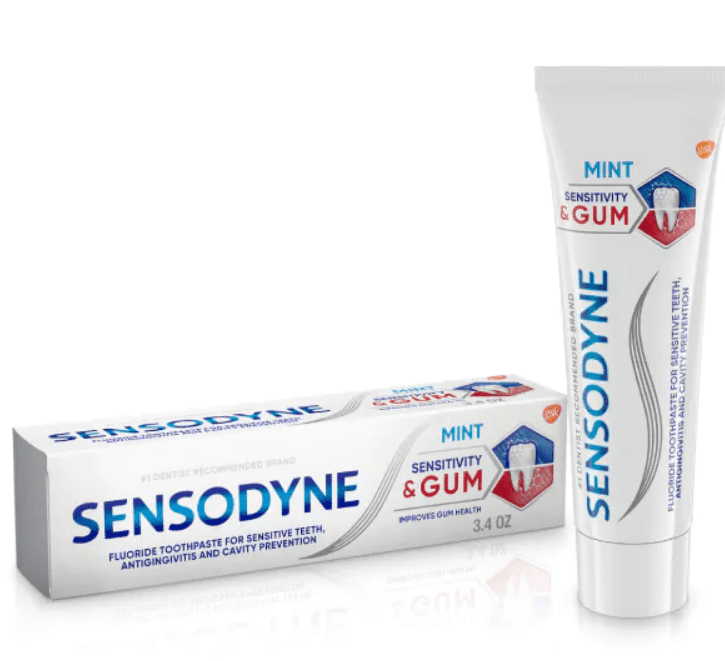
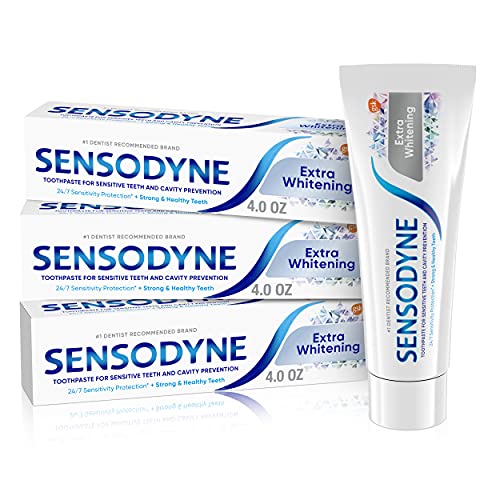
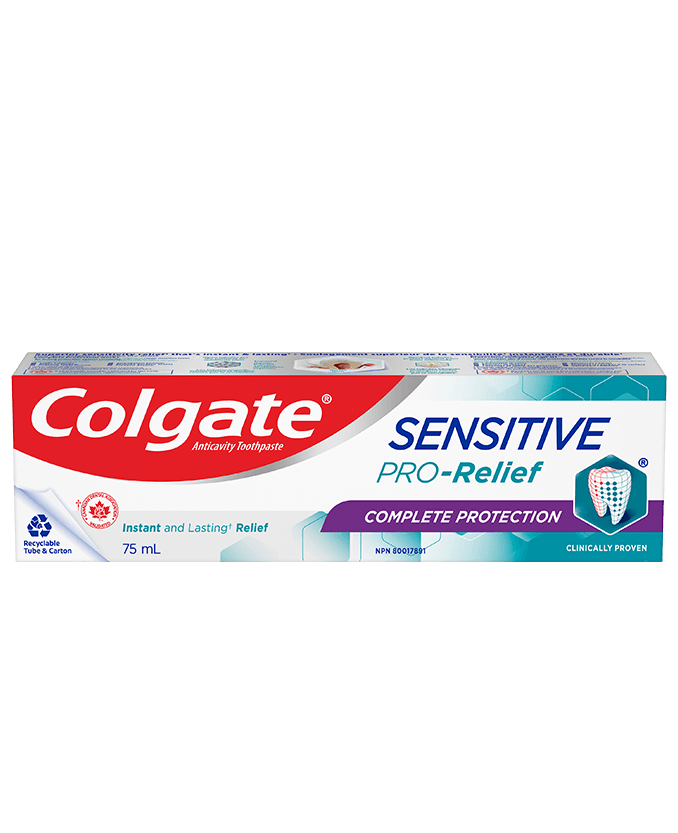
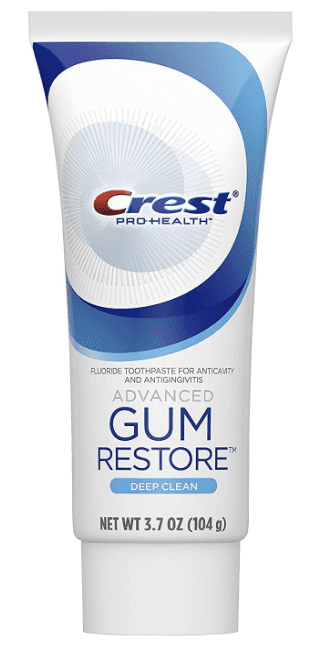




:max_bytes(150000):strip_icc()/sensodyne-full-protection-whitening-sensitive-toothpaste-fb88151efb1843b7b409c4ce46732bb3.jpg)

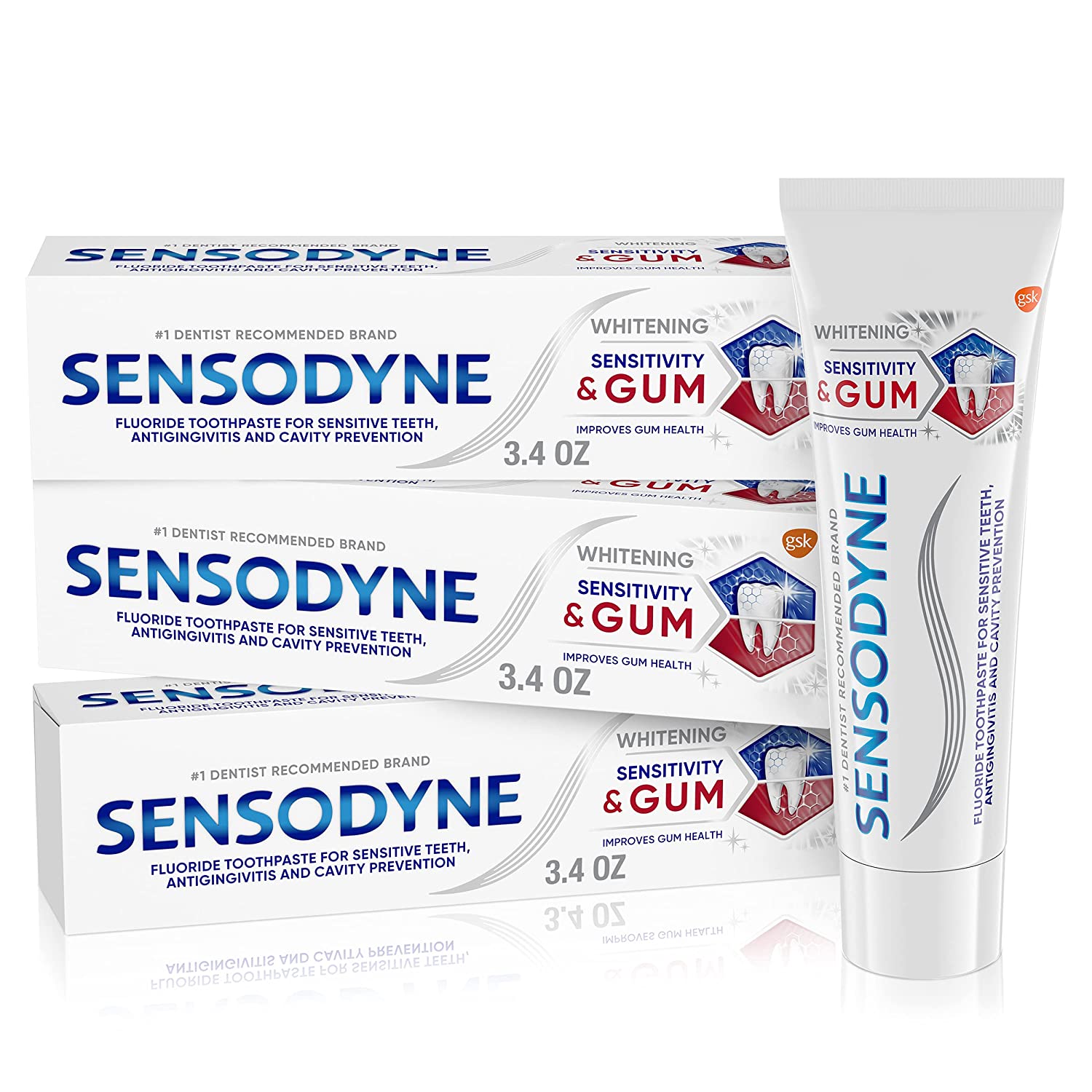

:max_bytes(150000):strip_icc()/The-5-Best-Toothpastes-for-Sensitive-Teeth-ArmHammer-daf9bf2a858c41b79d50f4370012c42f.jpg)



